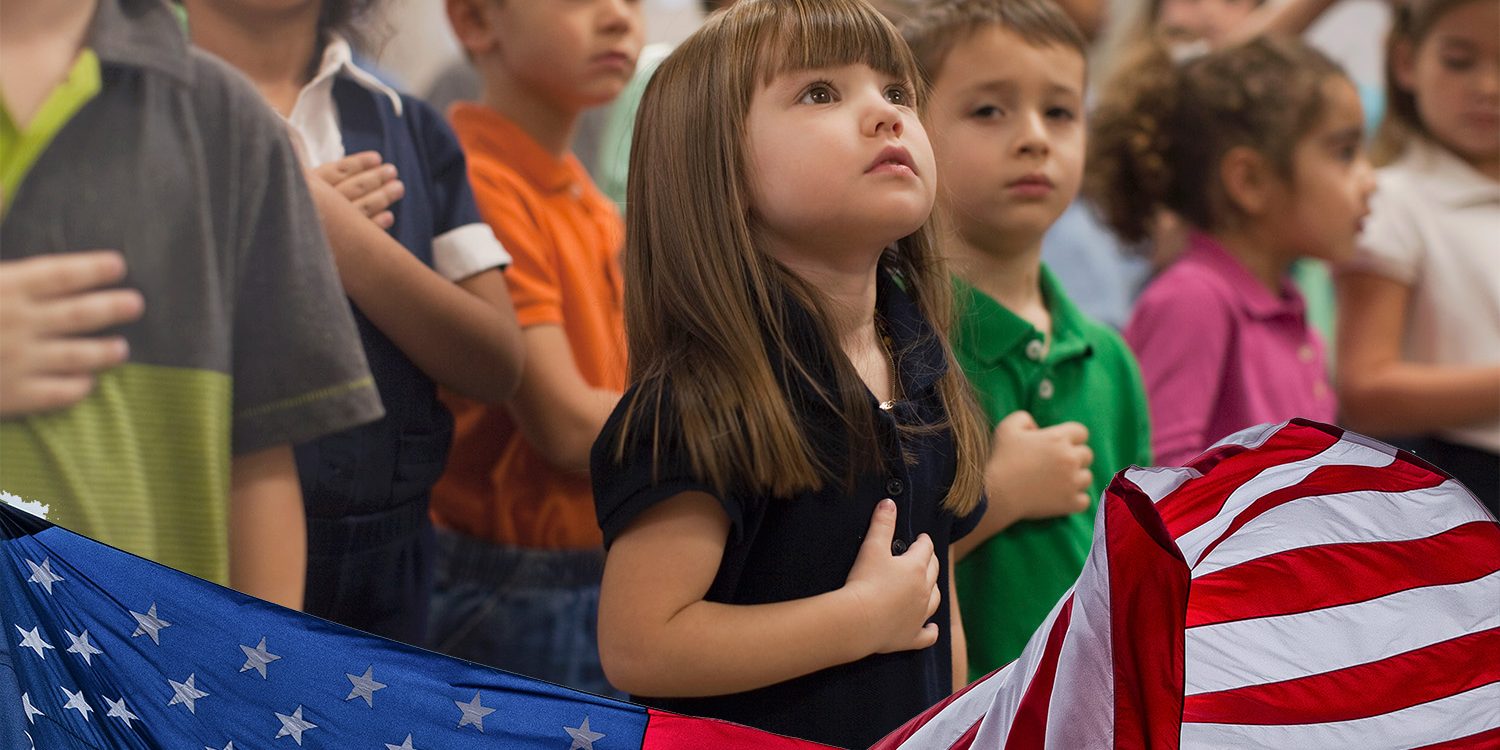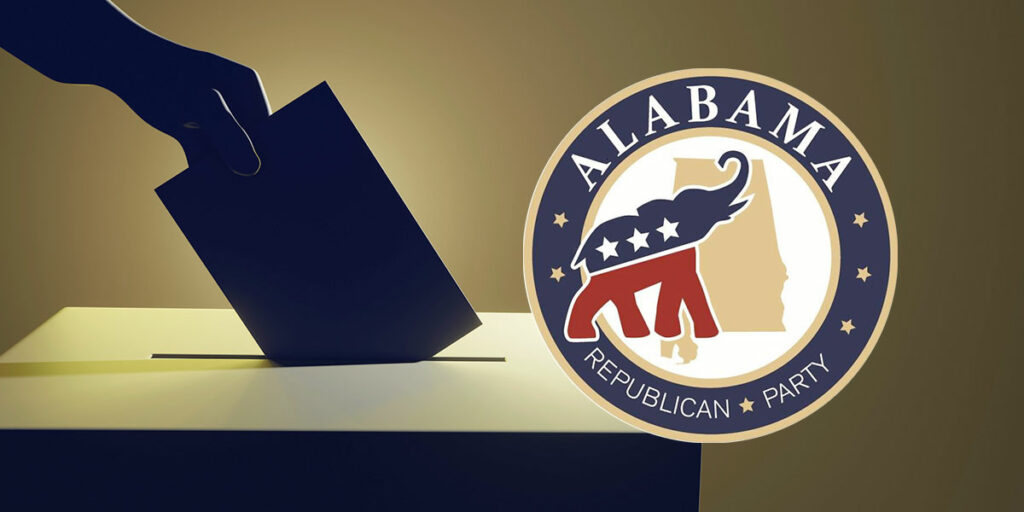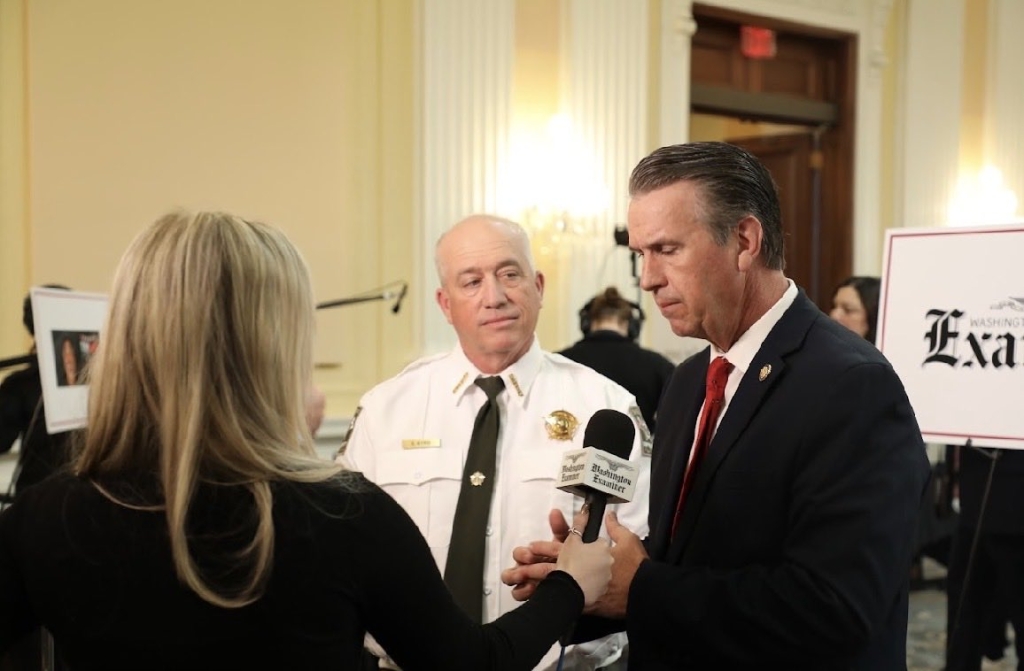“The Star-Spangled Banner,” our National Anthem, celebrated its 210th Anniversary on September 14, 2024. As I reflect on our National Anthem and its longevity, I feel compelled to share a few thoughts about its history and why continued reverence for the anthem is especially important to me and to our society.
In recent years, some have begun to ask, “Why this anthem?” Moreover, I have noticed that many young people in Alabama do not fully know and understand the history of the anthem. The line “that our flag was still there” is particularly powerful, reflecting the resiliency of the American people in difficult time and the resiliency of our republican form of government.
The War of 1812 was raging across the United States in 1814. Just 31 years after the Treaty of Paris ending the American Revolution was signed, the United States was once again at war with Great Britain. The armies of Great Britain had dealt a devastating blow to the United States at the Battle of Bladensburg.
On August 24 of that year, the British troops marched into Washington, D.C., and set fire to the United States Capitol Building, the White House, and other governmental buildings. The fate of our fledgling was uncertain.
From September 13 to 14, 1814, Fort McHenry in located in the harbor of Baltimore, Maryland, withstood 25 hours of bombardment by the British Royal Navy. The soldiers of Fort McHenry hoisted a colossal American flag above the fort during the bombardment.
Francis Scott Key, a well-known attorney in Washington, DC, was sitting aboard a Royal Navy ship seeking the release of a man captured by the British during the bombardment, and the sight of the flag withstanding the intense bombardment inspired Key to pen the poem he titled “The Star-Spangled Banner.” Key set it to the music of a popular tune.
The song’s popularity continued to grow, particularly during the Civil War, when the song and the flag became increasingly powerful symbols of national unity. The United States Congress and President Herbert Hoover declared the song the official National Anthem in 1931. Throughout wars, depression, recessions and political discord, the anthem has lasted as a symbol of our national unity.
The resiliency of our nation became evident once more as “our flag was still there” in 2001 following the September 11 terrorist attacks.
Each child who is born in the United States or emigrates here should be taught the meaning behind the words of our National Anthem. This is an issue that is not about politics, but about history and the unity of our proud nation.
Singing the National Anthem at schools and sporting events is just one way to bring patriotic unity to the melting pot of America. Specifically, broadcasting or performing the first stanza of the National Anthem at least once per week during school hours will invite students to participate in our history and tradition of singing the anthem with hands-over-hearts.
Instilling a patriotic spirit in our children’s hearts and minds and inspiring them to honor and respect those who are actively serving, Veterans, and those who have lost their lives in service is essential.
Regular exposure to the National Anthem will impress a sense of history and patriotism in children of all ages and an appreciation of the sacrifices the men and women who have fought, and are currently fighting, to preserve our way of life. We are always only one generation away from losing our republic, and there is nothing more sacred or existential that we can do to perpetuate freedom at home and abroad than to instill a sense of duty in the next generation to take up and preserve the mantle of freedom.
To ensure citizens have a right to vote on their children hearing a broadcast of the National Anthem in schools, I have pre-filed a constitutional amendment requiring local boards of education to adopt policies requiring each public K-12 school to broadcast or sanction the performance of at least one stanza of the Star-Spangled Banner each week.
I look forward to working with my colleagues in 2025 to make sure Alabamians can vote on this important piece of legislation.
Gerald Allen represents Alabama’s 21st District (Tuscaloosa, Pickens & Lamar Counties) in the Alabama State Senate.













